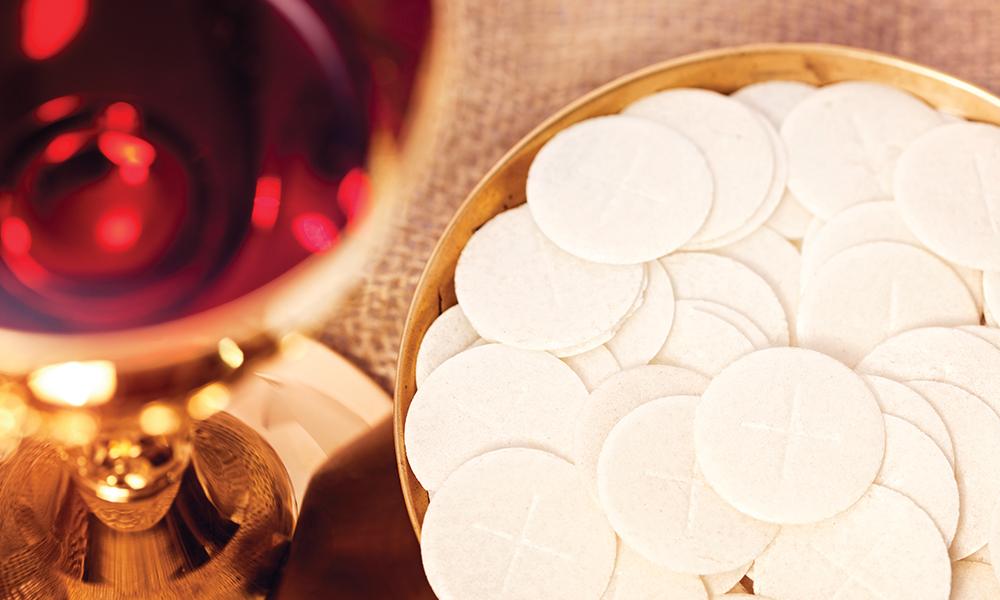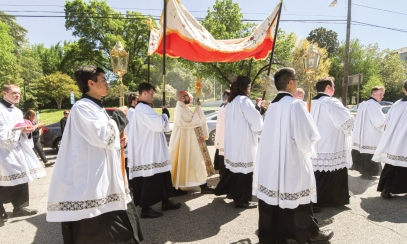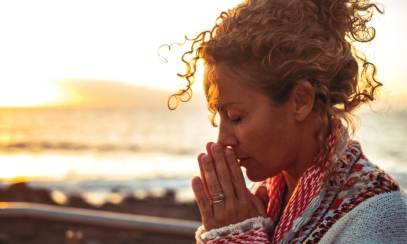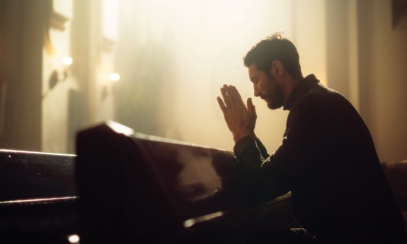
Part 8: The Body of Christ — The Eucharist and the Church
¡Lee este artículo en español! (Spanish Language Version)
In our previous reflection, we talked about the Eucharist as a sacrament of belonging, then examined some questions about religious practice and the relationship between Catholicism and other Christian denominations. Let’s continue some of that discussion but focus more specifically on the connection between the Eucharist and our understanding of the Church.
¡Lee este artículo en español! (Spanish Language Version)
In our previous reflection, we talked about the Eucharist as a sacrament of belonging, then examined some questions about religious practice and the relationship between Catholicism and other Christian denominations. Let’s continue some of that discussion but focus more specifically on the connection between the Eucharist and our understanding of the Church.
In the Great Commission in Matthew’s Gospel, we are called to “make disciples of all nations” (28:19). At its conclusion, and the conclusion of Matthew’s Gospel, we are reminded that “I am with you always, until the end of the age” (28:20). These words are not just a nice sentiment. They are a promise, a guarantee, and we see them take shape in various ways in the life of the Church. We see it in the very existence of the Church herself, who, because she is the body and bride of Christ, makes him present throughout the ages.
One of the most clear and potent examples of the manifestation of this presence is the gift of the Eucharist. This gift has been passed down through the generations by the Church and continues to be made available because of the Church. Conversely, the Eucharist also constitutes the Church — it is the Body of Christ because we receive the Body of Christ in the Eucharist.
As mentioned before, the Catechism of the Catholic Church states the Eucharist is part of the sacrament of initiation alongside baptism and confirmation. Receiving the Eucharist completes our initiation because it marks the life of a Christian by giving us direction and nourishment. It also gives us an entry point to the infinite. If the goal of Christian life is union with the infinite God, we need a constant way to tap into that mystery. We call receiving it communion precisely because of this. As an act of communion, we are united with God and with all others who are united with him, or the Church. The Eucharist, then, is a sacrament and a sign of our identity.
We know that the Eucharist and devotion to it is something that nourishes our individual faith — a reflection of the intimacy of the gift of Christ himself — but there is also a communal dimension of eucharistic spirituality that is just as important. It is part of the reason that weekly participation in the Sunday Mass is an essential part of our lifestyle and spirituality as Christians. This weekly activity puts us in touch with our very identity as God’s people. It connects us to those with whom we share this identity while giving us the nourishment we need to live it out. The Eucharist gives us union without uniformity.
Culturally, we often contrast our personal identity with that of a larger group. We think that what and who we are only comes to light in how we distinguish ourselves from others. But the communities to which we belong shape who we are. We do grave harm to ourselves by cutting off our roots, especially if we pursue a radical and individualized notion of identity and avoid traditional institutions like the Church.
Receiving Christ in the Eucharist shapes our deepest selves as belonging to him individually and as members of his body, the Church. It is the confluence of everything in the Christian life. Church is not something we “have to go to” on Sundays. More precisely, we celebrate the Mass as Church on Sundays so that we can continue to be Church in the rest of our daily lives.
In a famous sermon, St. Augustine summarized this connection — the Eucharist and the Church are both the Body of Christ — by urging those who approach the Eucharist to “be what you see; receive what you are” (Sermon 272).
Michael Martocchio, Ph.D., is the secretary of evangelization and the director of the Office of Catechesis and Christian Initiation. Email him at mmartocchio@charlestondiocese.org.



